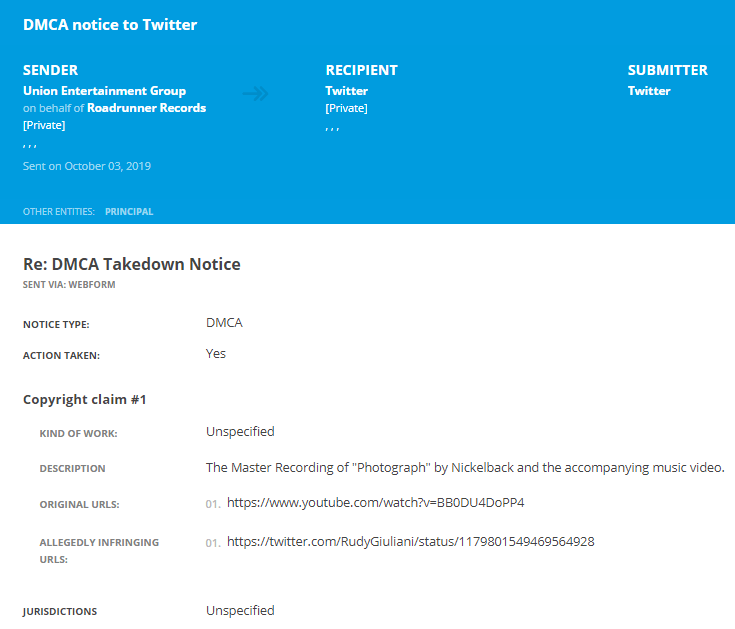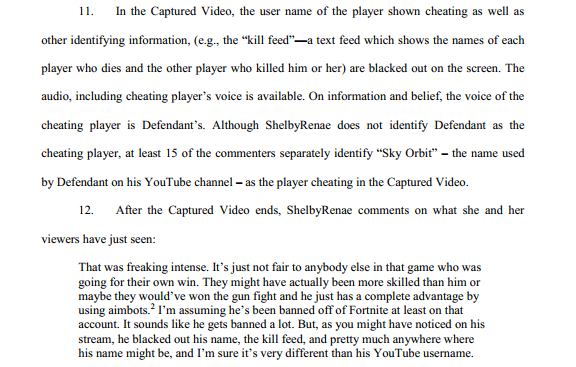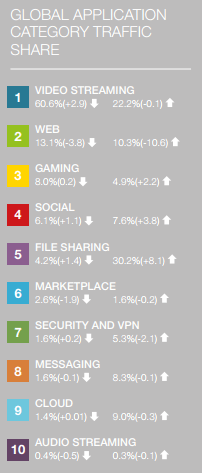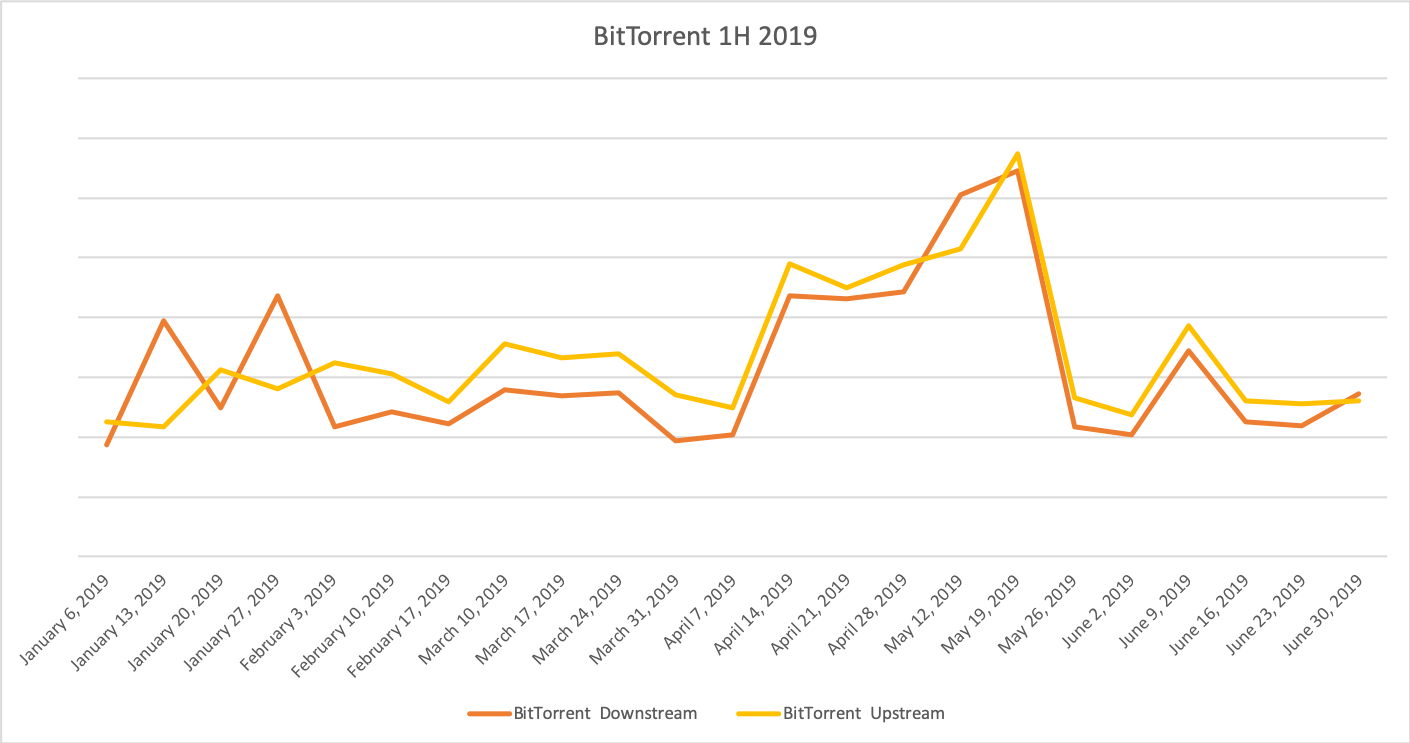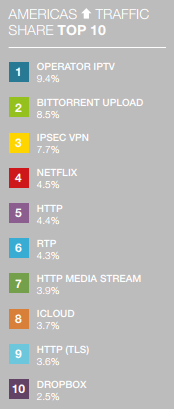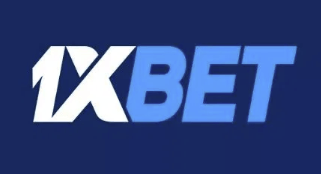
Alongside other entertainment industry groups, the Motion Picture Association (MPA) sends a yearly overview of notorious foreign piracy markets to the US Trade Representative.
These annual submissions help to guide the U.S. Government’s position toward foreign countries when it comes to copyright enforcement.
We previously covered the submissions from the RIAA and ESA, which both listed a wide variety of pirate sites including torrent, streaming, MP3-downloaders, and ROM archives.
The MPA’s submission was published later than the others but is worth highlighting nonetheless. In recent years it has solely focused on online threats with familiar names such as The Pirate Bay, Openload, and Fmovies reappearing time and again.
This year is no different. Many of the threats the MPA highlights are identical to last year. Aside from traditional pirate sites, this includes mobile apps, unauthorized IPTV services, and hosting companies. While not a foreign company, CDN provider Cloudflare is repeatedly mentioned as well, as it has many piracy sites as customers.
“The Pirate Bay, and other notorious pirate sites, remain Cloudflare customers despite repeated notices of infringement to Cloudflare,” the MPA notes.
A complete list of all the identified notorious markets is listed below, but we will zoom in on two entities added as new entries this year.
The first one is 1XBET, a gambling company known for its advertising appearing in ‘cam’ copies of movies. The casino, whose ads appear on more than a thousand pirate sites, is well known among people who frequent these platforms. Now, it’s on the MPA’s radar as well.
“1XBET is a Russian gambling site that has started to support some of the
earliest releases of infringing theatrical camcords and infringing streams of live television broadcasts. It has become the third most active online advertiser in Russia,” the MPA informs the USTR.
The MPA’s report cites research from Mediascope which found that only Google and PepsiCo ads are more prevalent online in Russia. While that covers all publications, the movie industry group draws specific attention to the embedded ads that appear in popular pirate movie releases as well as their titles.
“Reportedly, the online casino pays to insert visual and audio advertisements into new piracy content sources incentivizing camcord and livestreaming piracy. 1XBET’s watermark with promotion codes is ‘burned’ into the video files of infringing camcord recordings. Thus, piracy is used as a vehicle to support this online gambling giant,” the MPA notes.
What’s not mentioned by the MPA is that 1XBET also sponsored several major UK football clubs and Italian football league Serie A. Responding to some earlier controversy, a 1XBET spokesperson said that it takes the piracy advertising allegations very seriously.
Another newcomer in the MPA’s list of notorious markets is Baidu Pan, the file-hosting service operated by the largest search engine in China. According to the movie industry group, it’s often used to share copyright-infringing material.
“Large quantities of infringing content are stored on Baidu Pan with
links disseminated through popular Chinese social media platforms and piracy linking sites,” the MPA writes in its submission.
The MPA points out that Baidu has a market share of over 75 percent in China, which makes it the second-largest search engine in the world. As such, it is vitally important that the company has rigorous content protection standards and that it cooperates with rightsholders, the group notes.
Baidu has made some progress in recent years when it comes to its takedown tools, but takedown rates and timeframes remain inconsistent or too long, the MPA says.
“Baidu should be encouraged to do more, including improve implementation of its takedown tools, apply rigorous filtering technology to identify infringing content, and take more effective action to suspend or terminate repeat infringers to ensure all rights holders are treated equally and infringing content and links are removed expeditiously,” the submission reads.
The MPA hopes that its recommendations will be helpful to the US Government, but whether adding 1XBET and Baidu Pan will have any effect has yet to be seen.
The MPA’s full report is available here (pdf). The USTR will use this input to make up its own list of notorious markets. This will help to identify current threats and call on foreign governments to take appropriate action.
List of all the sites and services the MPAA identified as notorious markets.
Linking / Streaming
- B9good.com
- CB01
- Cda.pl
- Cimaclub.com & cima4u.tv
- Cinecalidad.to
- Dytt8.net and Dy2018.com
- Fmovies.is/.to (formerly .se)
- “Indo 21” (Indoxxi) and many related domains
- Movie2free.com
- MrPiracy.site and .xyz
- Phimmoi.net
- Seasonvar.ru
Cyberlockers / video hosting
- 1fichier.com
- Baidu Pan
- Clipwatching.com
- Gounlimited.to
- Netu.tv
- Openload.co/oload.tv
- Rapidgator.net
- Rapidvideo.com
- Streamango.com
- Uploaded.net
- Uptobox.com
- Verystream.com
- VK.com
Illegal IPTV
- BestBuyIPTV.com
- Buy-IPTV.com
- GenIPTV
- ThePK.tv
- TVMucho.com
Apps
- RenRen Shi Pin
- ShowBox
- Unblock Tech (unblocktech.com)
P2P sites
- 1337x.to
- Rarbg.to
- Rutracker.org
- Tamilrockers.ws
- ThePirateBay.org
- Torrentz2.eu
- Zooqle.com
Hosting services
- Fishnet Communications LLC
- M247
- Network Dedicated SAS
- Private Layer
Advertising
- 1XBET
–
Source: TF, for the latest info on copyright, file-sharing, torrent sites and more. We also have VPN reviews, discounts, offers and coupons.



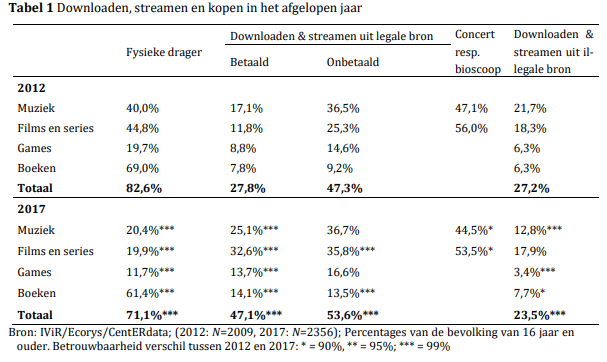

 This week we have two newcomers in our chart.
This week we have two newcomers in our chart.
